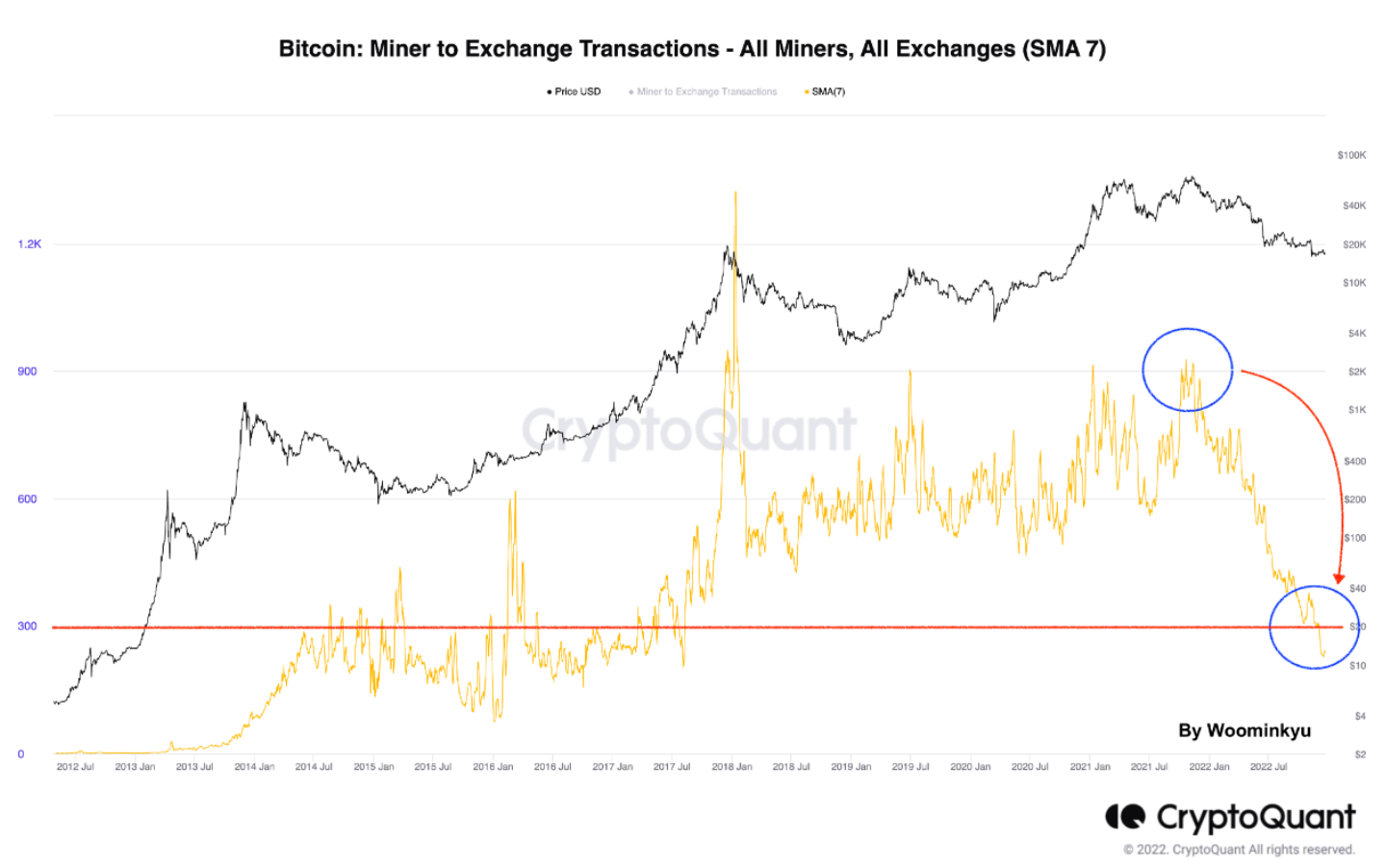The Great Decoupling: Economic Implications And Global Shifts

Table of Contents
Geopolitical Tensions Fueling Decoupling
The escalating rivalry between the US and China is arguably the most significant driver of the Great Decoupling. This geopolitical rivalry manifests in various ways, significantly impacting global economic structures. Trade wars, characterized by the imposition of tariffs and other trade barriers, have disrupted established supply chains and fostered economic nationalism. Concerns over national security, particularly regarding access to critical technologies and intellectual property, have further intensified this decoupling process. The increasing use of sanctions as a geopolitical tool also contributes to the fragmentation of the global economy.
- Increased tariffs and trade barriers between major economies: The imposition of tariffs on goods traded between the US and China, for example, has significantly increased costs and disrupted established trade patterns, leading to supply chain disruptions and higher prices for consumers.
- Diversification of supply chains away from China and other perceived rivals: Businesses are actively seeking to diversify their sourcing, reducing reliance on single countries and mitigating risks associated with geopolitical instability. This involves nearshoring and reshoring production facilities.
- Rise of economic nationalism and protectionist policies: Many countries are prioritizing domestic industries and implementing protectionist measures to safeguard their economic interests and reduce dependence on foreign suppliers.
- Increased geopolitical risk premiums affecting investment decisions: The heightened uncertainty associated with geopolitical tensions is increasing risk premiums, making investment decisions more complex and potentially discouraging cross-border investments.
Technological Competition and Decoupling
The competition for technological dominance is another key driver of economic decoupling. The struggle for supremacy in critical technologies like semiconductors and artificial intelligence is creating a "technological decoupling," where countries are prioritizing domestic technological development and restricting access to sensitive technologies. This is fueled by concerns about data security, intellectual property theft, and the potential for technological dependence on rivals.
- Restrictions on technology exports and cross-border data flows: Countries are increasingly imposing restrictions on the export of sensitive technologies and the cross-border flow of data, aiming to protect their technological advantage and national security.
- Increased investment in domestic semiconductor manufacturing: The global semiconductor shortage highlighted the vulnerabilities of relying on a concentrated manufacturing base. Consequently, many countries are investing heavily in building their domestic semiconductor industries.
- Development of national technological standards and regulations: Countries are developing their own technological standards and regulations, potentially leading to the fragmentation of global technological ecosystems.
- Growing concerns over data security and intellectual property theft: Concerns about the security of sensitive data and the theft of intellectual property are driving countries to prioritize domestic technological solutions and limit reliance on foreign technologies.
Supply Chain Disruptions and Restructuring
The COVID-19 pandemic brutally exposed the fragility of globalized supply chains. Extended lockdowns, port congestion, and transportation disruptions caused significant shortages and delays. This crisis spurred businesses to prioritize supply chain resilience, leading to a significant shift towards nearshoring, reshoring, and regionalization. The goal is to reduce dependence on single sources and geographically distant suppliers, mitigating future risks.
- Shift towards regionalized supply chains and reduced reliance on long, complex networks: Businesses are shortening their supply chains, focusing on regional suppliers to reduce transportation costs and enhance agility.
- Increased investment in automation and digitalization to improve supply chain visibility and efficiency: Technology is being leveraged to improve transparency, traceability, and efficiency across the supply chain.
- Growing focus on supplier diversification and risk mitigation strategies: Businesses are diversifying their supplier base and implementing risk management strategies to mitigate potential disruptions.
- Higher transportation and logistics costs due to shorter, regionalized supply chains: While enhancing resilience, shorter supply chains often lead to higher transportation and logistics expenses.
Economic Implications of the Great Decoupling
The Great Decoupling has profound economic implications. While globalization fostered interconnected growth, decoupling introduces new challenges and opportunities.
- Potential for slower global economic growth due to reduced trade and investment: Increased trade barriers and reduced cross-border investment can impede global economic growth.
- Increased inflationary pressures from disrupted supply chains and higher transportation costs: Supply chain disruptions and the shift towards regionalized supply chains can lead to higher prices for goods and services.
- Increased economic uncertainty and volatility: The shifting geopolitical landscape and the fragmentation of the global economy contribute to increased economic uncertainty and volatility.
- Opportunities for regional economic development and innovation: Decoupling can stimulate regional economic development and foster innovation as countries focus on building their domestic capabilities.
Conclusion
The Great Decoupling is a defining feature of the evolving global economic landscape. Driven by geopolitical tensions, technological competition, and supply chain vulnerabilities, it's reshaping global trade, investment, and technological development. This process presents both significant challenges, including slower growth and increased uncertainty, and opportunities for innovation and regional economic development. Businesses and policymakers must adapt to navigate the complexities and capitalize on the opportunities presented by the Great Decoupling. Understanding the dynamics of this economic transformation is crucial for navigating the future. Stay informed about the latest developments in the Great Decoupling and adapt your strategies accordingly.

Featured Posts
-
 Ripple And Xrp Analyzing Recent Developments And The Remittix Ico
May 08, 2025
Ripple And Xrp Analyzing Recent Developments And The Remittix Ico
May 08, 2025 -
 Kripto Para Duesuesue Yatirimcilarin Satis Kararlarini Etkileyen Faktoerler
May 08, 2025
Kripto Para Duesuesue Yatirimcilarin Satis Kararlarini Etkileyen Faktoerler
May 08, 2025 -
 Die Lottozahlen Der 6aus49 Ziehung Am 12 April 2025
May 08, 2025
Die Lottozahlen Der 6aus49 Ziehung Am 12 April 2025
May 08, 2025 -
 De Andre Jordan Makes Nba History In Nuggets Bulls Game
May 08, 2025
De Andre Jordan Makes Nba History In Nuggets Bulls Game
May 08, 2025 -
 Complete List Of 2025 Game Releases For Ps 5 Ps 4 Xbox Pc And Switch
May 08, 2025
Complete List Of 2025 Game Releases For Ps 5 Ps 4 Xbox Pc And Switch
May 08, 2025
